Adult advocate time redundant for seniors
January 10, 2018
Since flex time premiered at the beginning of the year, Adult Advocate days have been few and far between. The few there have been, however, have had specific activities for the senior class that differ from the rest of the grades. They have to do with planning for the future. They are geared toward students who have not begun to plan for the future, while in reality, much of the senior class has put thought into it, since counselors have drilled it into students’ brains since the first day of freshman year. The activities given to seniors during Adult Advocate time are a waste of students’ homework time, and they are redundant to most of the senior population, as many students have already begun to plan their post secondary path.
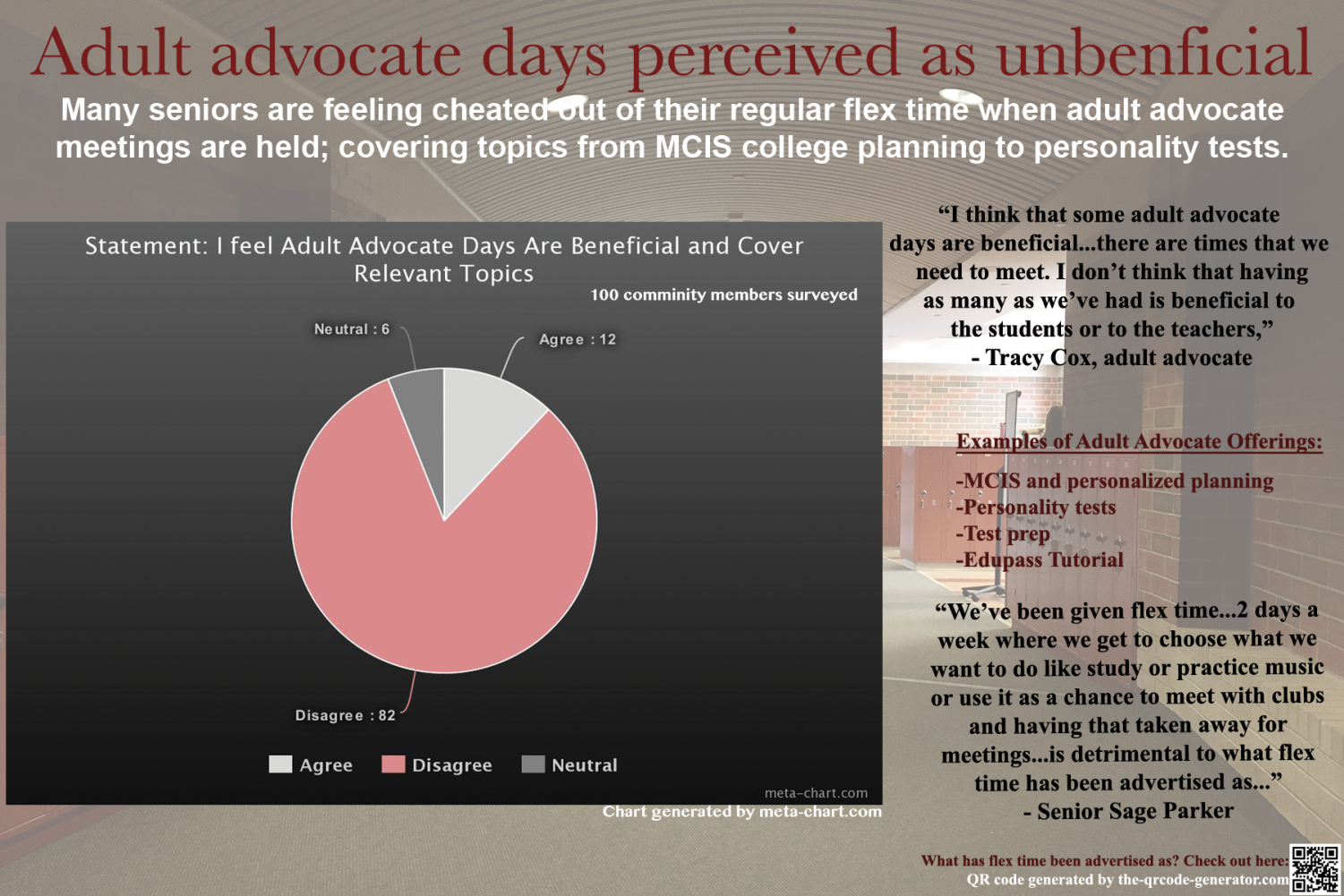
The point of each flex period is directed toward students at specific grade levels. Seniors have their own flex advisers and often, seniors have different activities planned than other classes. While all the activities are ultimately geared toward the future, they vary between grades.
“[I do not think these activities are advantageous since] the timing of the activities is wrong for seniors this year. Take for example the most recent activity those 10 questions [about the future], they are the sorts of questions you should have been thinking about as juniors,” English teacher and adviser Lori Stippel said.
The senior class activities have included questions that prompt thought into the future, and updating the MCIS five year plan. These activities are meant to give students time to think about their post-secondary plan.
I think that the regular flex day opportunities are a [much better use] of time… kids who might not do homework at their house have an opportunity to get some done in school [where] it’s more structured.
— Isaac Goetzke
“I think that the regular flex day opportunities are a [much better use] of time… kids who might not do homework at their house have an opportunity to get some done in school [where] it’s more structured,” senior Isaac Goetzke said.
The activities planned for the senior class come at a time in which many students have already began to plan their future. Many students have already applied to colleges, begun to look for jobs, and prepare for other post-secondary activities. These are the students who feel they are being overlooked and given busy work, having time taken away from them that they would rather use for homework and other activities.
Other flex time offerings include various clubs and the option to meet with teachers and makeup tests. Students may also use the time for homework and to get up and move in the middle of the day by going to the gyms.
Students tend to favor the other options, giving them a chance to do work they may have less time to do later. With Adult Advocate time that is structured to help so few people, students tend to feel as though their time is being wasted on useless activities. Although students may be completing these activities in classes, they are often done with little thought or attention, and they tend to be rushed through in order to use the time for other work.
“Generally students might be on task, but the task usually doesn’t take more than five minutes if you’re actually focused, so afterwards the students are left to do whatever they want, ” said Goetzke.
Some may see these activities as beneficial. There are students who still need to think about what they are going to do after high school and these tasks may very well prompt them to think about it. However, many students already have this done, so catering to the few who are unprepared makes little sense, especially since they tend to use the prepared majorities time poorly.
“We are trying to be very thoughtful about developmentally, what do seniors need…to be aware of,” counselor Kate Nelson said.
Although the Adult Advocate days may be useful to underclassmen and the few senior students who have not put much thought into the future, the activities that have been planned and executed in this time tend to more ineffective than helpful for the senior class. Students begin thinking about their future during the years and summer before their senior year, so the activities would be better aimed at underclassmen rather than the seniors. Seniors need to be thinking about other activities such as graduation, instead of spending their time on useless tasks.


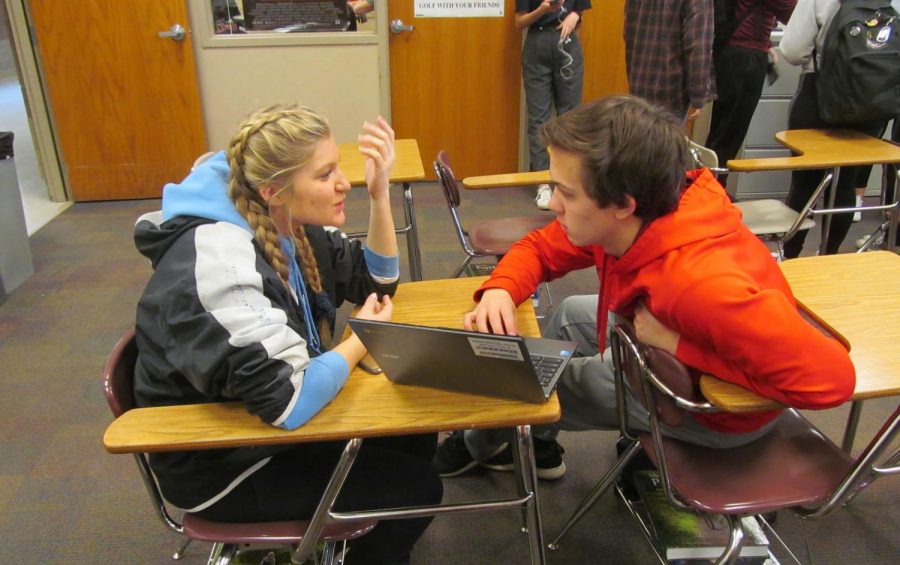
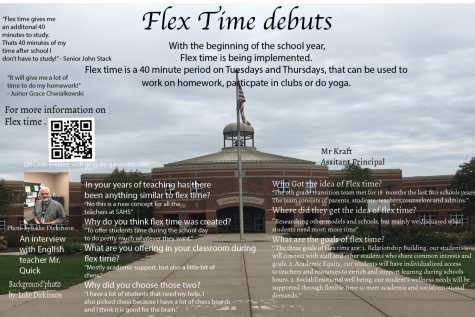
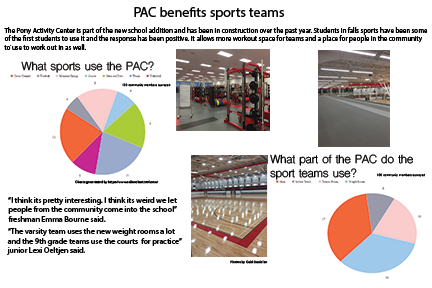
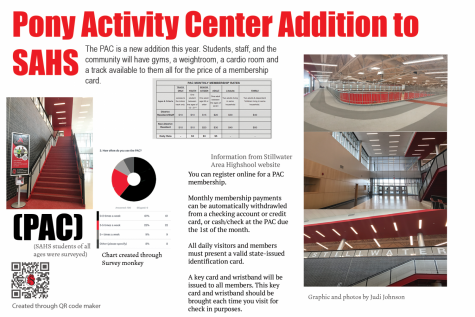
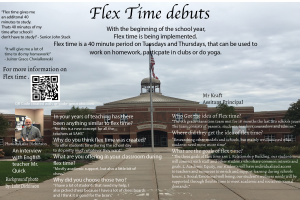
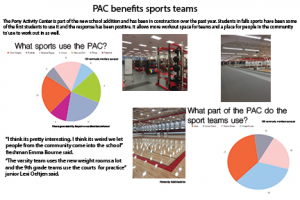
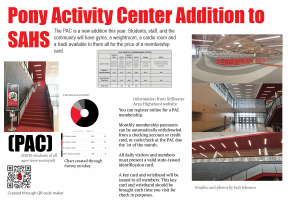
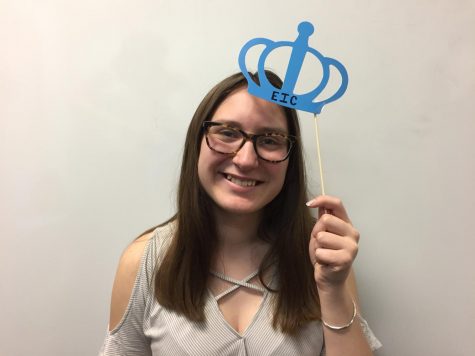

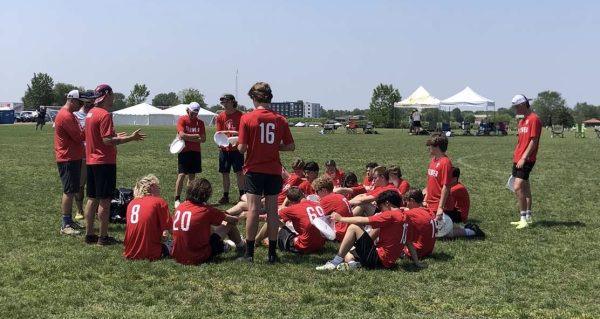
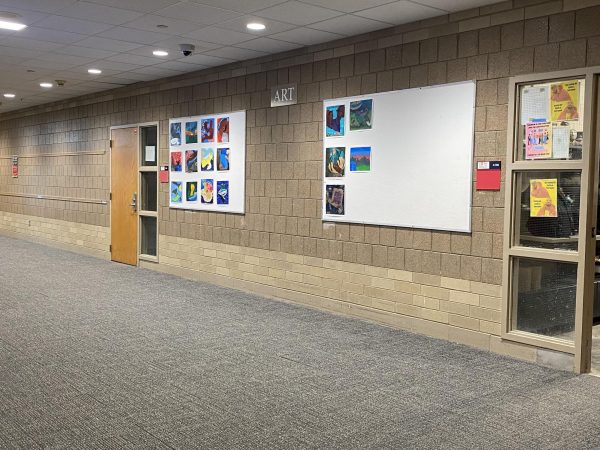
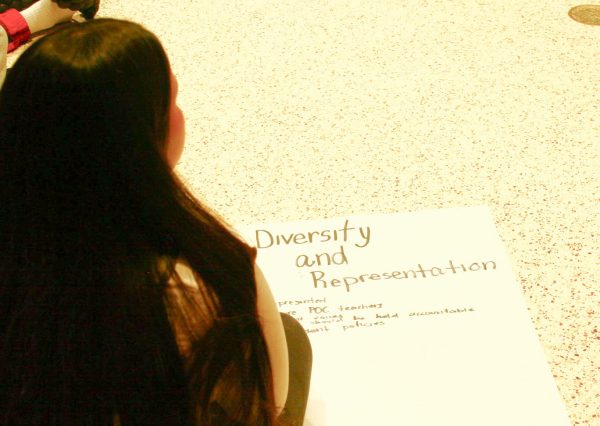
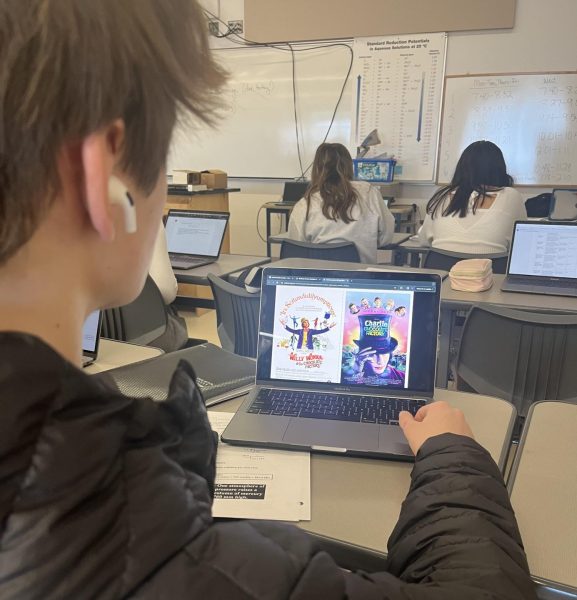

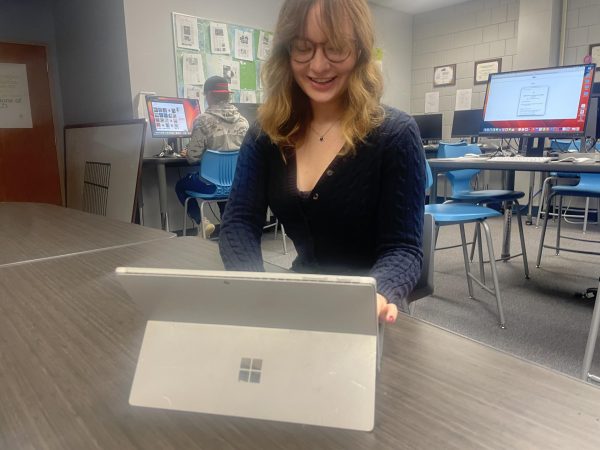
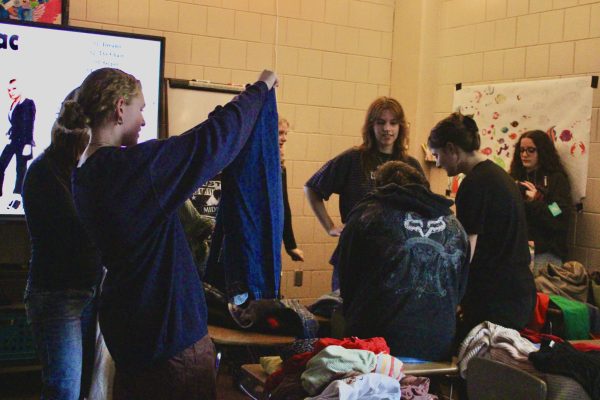


Lilly Sample • Jan 16, 2018 at 9:04 pm
I agree that adult advocate time is redundant for seniors, and would take it a step further and say it is redundant overall. Adult advocacy meetings feel very forced, and nothing informative comes out of them for the most part. Though the meetings are meant to help with planning for the future, the activities seem more like games, and many students don’t participate.
The article gives a lot of useful information and explains the opinion stated in an informative way.
Ellie Fedorowski • Feb 6, 2018 at 9:11 pm
I really enjoyed reading this article. I agree with a lot that was said. The alt. copy has a very nice layout and background!
Joshua Framke • Jan 16, 2018 at 7:54 pm
The article is well written and has great quotes, but the main argument against flex time for seniors seems to be repeated multiple times in different wording.
Arieanna Junghans • Jan 16, 2018 at 6:45 pm
I like the way the article was structured. The pictures and alternative copy stories add a little bit of jazz to it.
Madison Weispfenning • Jan 16, 2018 at 2:22 pm
I really enjoyed reading this editorial. I felt like my opinion was stated in this article through the other students. I also enjoyed the point of view of teachers on this situation. The wording could have been more organized, but other than that it was a great story.
Luke Higgins • Jan 16, 2018 at 1:19 pm
The article itself was very informational and interesting at the same time. It covers all aspects and allows you to understand what is going on. The pie chart in the Alternative copy story was very helpful.